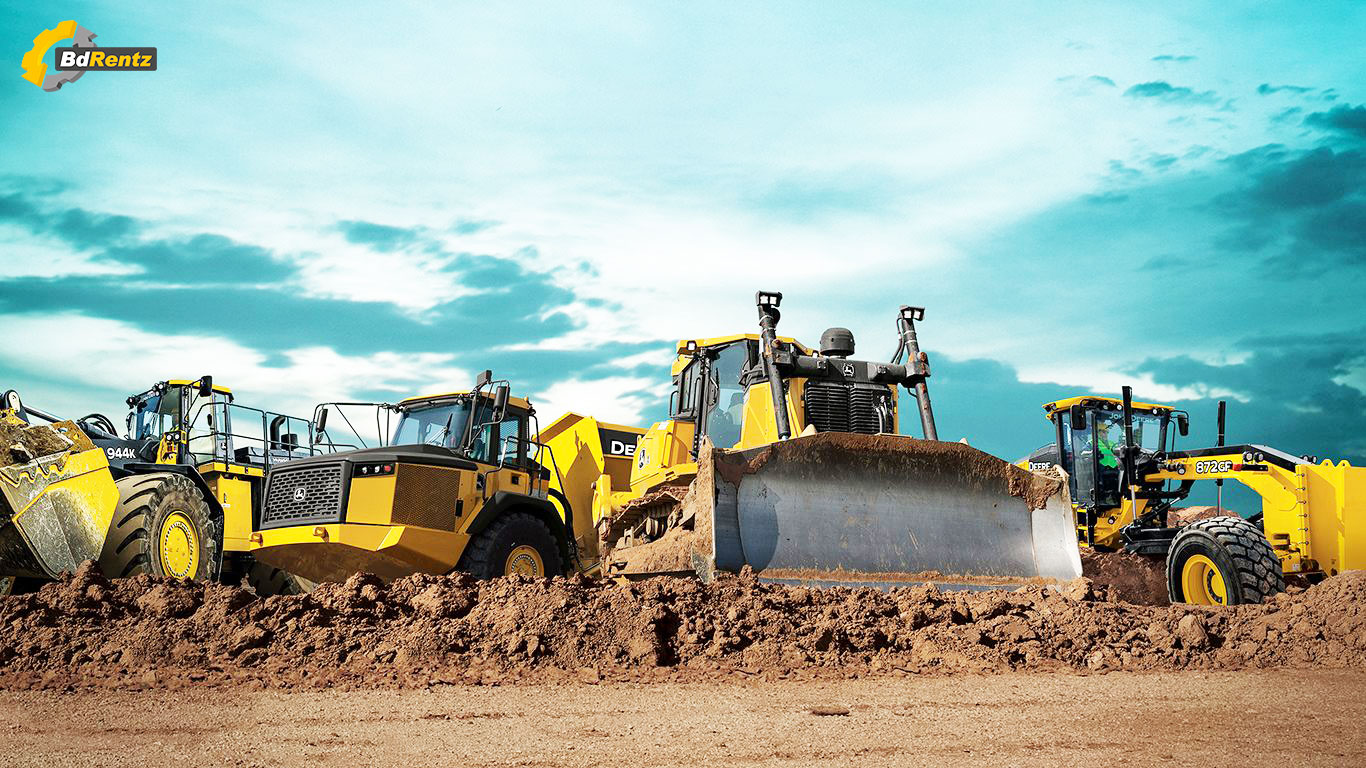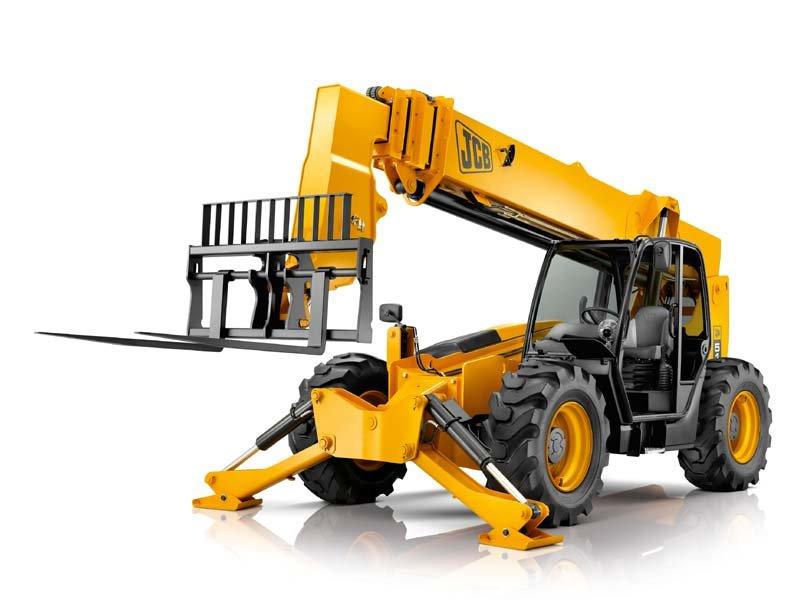Maximize Your Budget by Understanding the Costs Linked With Building Tools Rentals
Comprehending the full range of prices related to construction devices rentals is vital for optimizing your spending plan. While the initial rental cost might appear straightforward, countless added expenses-- such as transportation, fuel surcharges, and upkeep-- can quickly gather, impacting your financial preparation. Being conscious of numerous fees and the details of rental contracts can aid prevent unforeseen monetary concerns. What approaches can be used to effectively take care of these prices and make certain a much more efficient rental experience?
Review of Rental Costs
When taking into consideration building equipment leasings, recognizing the associated costs is extremely important for efficient budgeting and project preparation. Rental prices can differ significantly based upon numerous aspects, consisting of equipment kind, period of leasing, and place. The preliminary rental cost commonly mirrors the devices's market demand and its connected operational capacities, influencing the overall cost.
In addition to the base rental rate, ancillary prices may arise, such as transportation costs, fuel additional charges, and upkeep costs. It is important to make up these added costs to accurately examine the total cost of renting devices. Additionally, the rental duration can influence rates; longer rentals may certify for discounted prices, while short-term leasings might sustain greater day-to-day costs.

Breakdown of Rental Rates
A comprehensive understanding of rental rates is necessary for professionals and task managers aiming to enhance their budgets. Rental rates for building and construction equipment typically include a number of elements, consisting of base rates, time-based fees, and use costs.
Base rates are the core fees connected with the rental of the tools, commonly established by the kind and dimension of the machinery. These rates can differ substantially, influenced by variables such as tools demand, accessibility, and local market trends. Time-based charges, which may be daily, weekly, or monthly, serve to accommodate different job timelines and rental durations.
Furthermore, rental prices might include usage charges, which are applicable when equipment is used beyond a defined threshold, making sure that the rental company can account for wear and tear. Seasonal need fluctuations can likewise influence rental prices, with peak building periods normally commanding greater rates.
Additionally, comprehending the rental firm's policies regarding maintenance and insurance policy can give further insight into the total expense framework. By assessing these parts, specialists can make enlightened decisions, making certain the choice of rental tools straightens with both task demands and spending plan constraints.
Added Charges to Think About
Understanding the intricacies of added fees is important for contractors to handle their overall service costs properly. Beyond the conventional rental prices, various auxiliary costs can dramatically influence the overall price of equipment leasing. These charges typically consist of shipment and pickup costs, which can vary based on range and logistics associated with carrying the tools to and from the work website.
In addition, some rental business might enforce fuel additional charges if the devices is returned with less gas than when rented. It is likewise vital to know possible cleansing fees, specifically for specialized equipment that requires thorough upkeep after usage.

Extensively evaluating the rental contract and clarifying these added charges upfront can aid contractors avoid unexpected prices and make certain that spending plans continue to be undamaged throughout the task lifecycle.
Upkeep and Fixing Expenses
Regular repair and maintenance costs are usually forgotten variables that can substantially influence the total price of building equipment rentals. When renting out devices, it is vital to think about not just the rental charges but also the prospective expenses associated with maintaining the machinery in optimum operating problem.
Numerous rental business consist of standard upkeep as component of the rental arrangement; nonetheless, more considerable repairs or unexpected malfunctions can cause additional expenses. It's vital to evaluate the rental agreement thoroughly to understand what upkeep solutions are covered and what duties drop on the tenant.
Furthermore, equipment that is not well-kept can cause inadequacies on the job website, possibly creating hold-ups and increasing job expenses. To alleviate these threats, it is recommended to carry out normal inspections and maintain open communication with the rental provider relating to any type of problems that emerge throughout usage.
Insurance and Responsibility Costs
Insurance and liability expenses are important components that can significantly impact the general expense of building devices rentals (equipment rental company). These expenses make certain that both the rental company and the client are shielded from prospective financial losses arising from mishaps, damages, or theft during the rental period

Furthermore, clients need to know any type of click resources deductibles or exemptions in the insurance plan, as these can affect possible out-of-pocket costs. Understanding the terms of any type of insurance policy protection is vital to prevent unforeseen expenses. Eventually, budgeting for insurance and obligation expenditures can assist ensure a smoother rental experience and shield against financial dangers connected with construction jobs.
Conclusion
To conclude, a detailed understanding of the expenses linked with construction devices rentals is necessary for effective spending plan administration. By examining rental prices, additional costs, upkeep costs, and insurance individuals, demands internet and companies can minimize unexpected expenditures. This strategic method not only boosts cost-effectiveness however also ensures that projects progress efficiently and efficiently. Ultimately, informed decision-making concerning equipment rentals adds to the general success of building ventures.
Rental costs can vary significantly based on numerous elements, consisting of equipment type, duration of leasing, and area (scissor lift rental). The rental period can influence prices; longer rentals may certify for discounted rates, while short-term rentals might sustain greater everyday fees
By performing complete research study and involving with trustworthy rental firms, service providers can efficiently browse the intricacies of rental pricing, ultimately optimizing their economic resources.
Beyond the conventional rental rates, various supplemental costs can considerably affect the total cost of devices leasing. Rental companies typically offer responsibility insurance that covers injuries to 3rd parties or damage to building, while devices damage insurance can cover the cost of repair services or substitute if the rented tools is damaged.